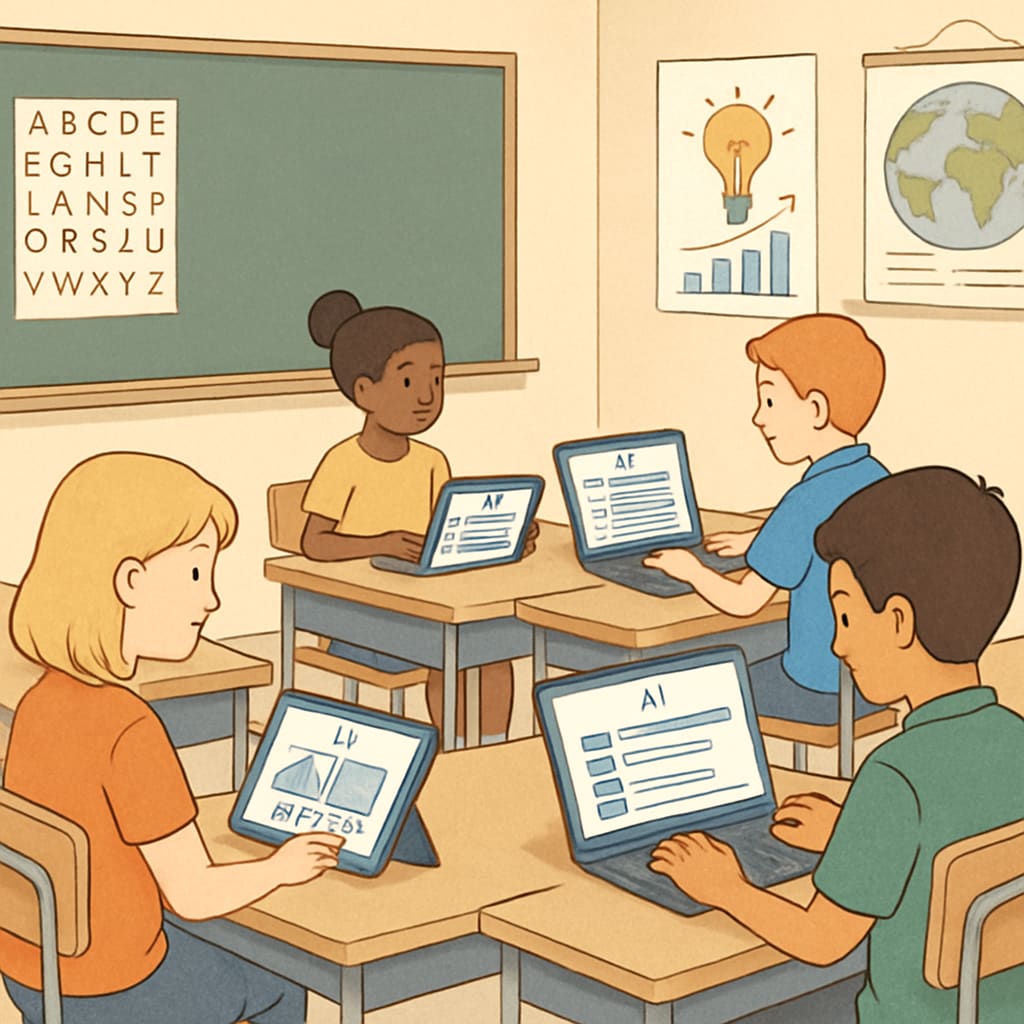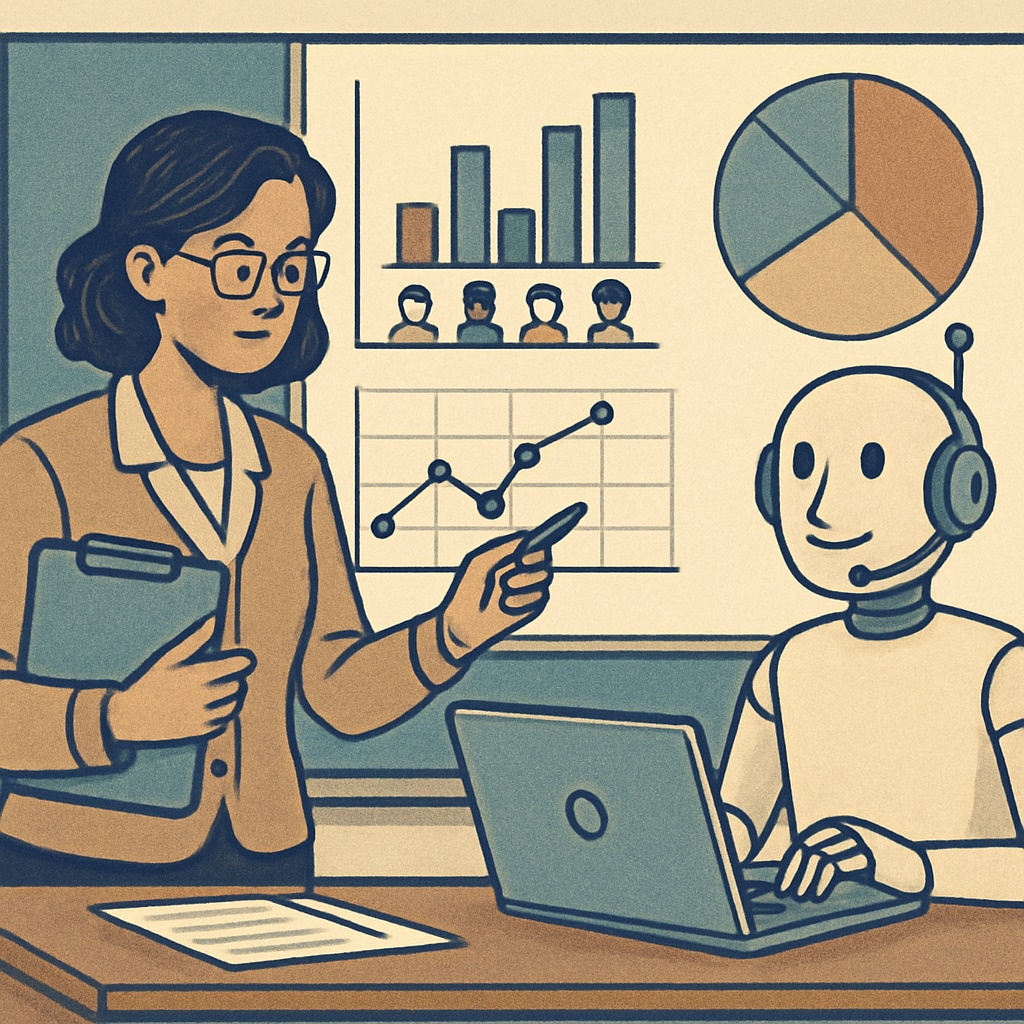Artificial intelligence (AI) is reshaping industries across the globe, and its impact on education—particularly the K12 system—is poised to be transformative over the next 5-10 years. From enabling personalized learning experiences to redefining the roles of educators and revolutionizing assessment methodologies, AI offers both immense opportunities and significant challenges. As we step into this new paradigm, it is crucial to understand how AI-driven solutions will influence the future of education.
Personalized Learning: Tailoring Education to Individual Needs
One of the most significant contributions of AI to K12 education is the ability to deliver personalized learning experiences. AI-powered platforms can analyze student data to identify learning patterns, strengths, weaknesses, and preferences. For example, an AI system might recommend additional resources for a student struggling with math or suggest advanced challenges for a student excelling in science.
Moreover, adaptive learning technologies allow curricula to dynamically adjust based on real-time feedback, ensuring that every student progresses at their own pace. This shift from a one-size-fits-all approach to a tailored learning pathway has the potential to improve engagement and outcomes significantly.

Redefining the Role of Teachers in the AI Era
As AI takes on tasks such as grading, administrative work, and even tutoring, the role of teachers is evolving. In the future, educators may focus more on mentorship, emotional support, and fostering critical thinking skills rather than routine instruction. This shift will allow teachers to dedicate more time to creative and meaningful interactions with students.
Additionally, AI can serve as a valuable assistant, providing insights into student performance and suggesting actionable strategies to improve learning outcomes. However, the integration of AI also raises concerns about the potential dehumanization of education, emphasizing the need for a balanced approach.

Innovative Assessment Methods Powered by AI
Traditional exams and grading systems often fail to capture the full spectrum of a student’s capabilities. AI introduces new possibilities for assessment, such as analyzing behavioral patterns, creativity, and problem-solving skills. For instance, AI tools can evaluate a student’s performance in project-based learning environments or provide detailed feedback on written assignments using natural language processing (NLP).
These advanced assessment methods not only provide a more holistic view of student progress but also reduce biases and inconsistencies in grading. As a result, educators can better identify areas for improvement and recognize achievements that might otherwise go unnoticed.
Challenges and Ethical Considerations
While AI holds immense promise for revolutionizing K12 education, it also comes with challenges. Privacy concerns related to student data, potential algorithmic biases, and the digital divide are critical issues that must be addressed. For example, schools in underprivileged areas may struggle to access AI technologies, widening the gap between different socio-economic groups.
Furthermore, ethical considerations surrounding the use of AI in decision-making require careful scrutiny. Stakeholders must ensure that AI systems are transparent, accountable, and designed to complement—not replace—human educators.
To navigate these challenges, collaboration between policymakers, educators, technologists, and parents will be essential.
Readability guidance: Throughout the article, concise paragraphs and accessible language have been used to ensure clarity. Lists and examples highlight key points, while transition words facilitate smooth reading. The balance between active and passive voice keeps the text engaging without overloading it with technical jargon.


